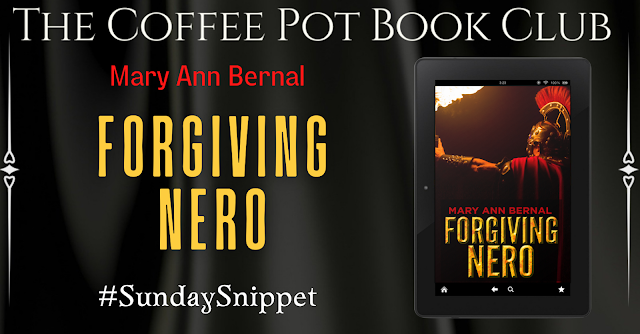And nobody knows
Tiddely-Pom
How cold my toes
Tiddely-Pom
How cold my toes are growing.
-- A.A. Milne
From her hiding place, Bird Jaguar squinted at the giant, jagged-toothed barbarian.
Tillers’ blood dripped crimson from his sword and shield. The barbarian grunted. He looked around, searching the battlefield for Bird Jaguar and her sister and protector, Zac Cul.
“Come, little Toads!” bellowed the barbarian. “Let the Dark Gods embrace us together!”
The prophecies did not mention him, noted Bird Jaguar to herself.
She looked up. Far overhead, a flock of blackbirds split apart and rejoined.
In this year of 8. 17. 14. 12. 11, the Fifth Lord had risen from his slumbers.
The ruination of the High Maya had begun.
* * *
“Why is he even following us?” Bird Jaguar asked Zac Cul, her older sister.
Copper bands adorned their upper arms. They were free-women, tillers, valued members of a farming clan.
“I don’t know,” answered Zac Cul. She dried the hilt of her sword in her skirt. “Something about us must irritate him.”
This bloodthirsty, too-tall, too-strong warrior had for some reason tracked the two sisters all the way from the burning City, far from his barbarian cohort. He seemed intent on their deaths.
“You are often irritating,” said Bird Jaguar to her sister.
The Emperor had murdered his own advisors, who foretold dangers that could not be seen, or proven, and then been killed by those same dangers. The throne had fallen. The City was descending into lunacy. It had all been predicted, in the stars (with certain errors), in the detailed celestial charts. The movement of Venus across the night skies had been insightful.
________________________________________________________________
The prophecies did not mention him, noted Bird Jaguar to herself.
________________________________________________________________
The Tillers would find a new home, new soils for their rows of vegetables and grains, in the northern hills. All would proceed, according to the fates. Most of Bird Jaguar’s tribe were already on their way north.
All that was left now was to bury the codex.
* * *
The two girls were trapped in a rocky maze of ravines and caves. Bird Jaguar, a valued scribe, held fast to the codex tablet. It must be hidden, and well-hidden, for future readers.
Since birth, Zac Cul had been the younger girl’s escort and protector.
This cave would do. But this entrance was unprotected.
The giant would see them --
“I thought you said you were telling our story,” said Zac Cul, as she glanced over the tablet and its complex pattern of glyphs.
“These are just numbers.”
“Our story is hidden behind a scrim of numbers,” replied Bird Jaguar.
“Really?”
Bird Jaguar nodded.
“Am I in it?” asked Zac Cul.
“Yes. You are prominent, sister.”
Losing her patience. Zac Cul shouted and rushed out of their hiding place to engage the giant --
The barbarian’s eyes widened when he saw her approach --
He charged, with his bahlum hatchet raised to strike –
Seemingly out of nowhere, a soldier came hurtling down the rockface from above, landing with a thud and sweeping the barbarian’s legs out from under him.
Nimbly, the soldier rose, quicker than the clumsy giant. He stabbed the barbarian through the throat before the big man could get his balance.
The giant roared in pain. Choking, he writhed and swung his limbs violently to and fro …
But the soldier would not relent.
“You shouldn’t have followed my girls,” the soldier, Smoking-Frog, told his dying enemy. “You should have stayed with your friends … ”
Smoking-Frog was the girls’ grandfather.
The barbarian died there, gurgling, reaching out, far from his home. A grisly death.
“Let’s go,” urged Smoking-Frog. “Let’s bury this tablet and get out. Blackbirds are on the move.” Grandfather thought it wise to coordinate with the creatures whenever possible. They know things we don’t, he would say.
Inside the cave, Bird Jaguar filled in the hollow where she had hidden the codex.
Our descendants will find this… but not for many cycles.
Bird Jaguar smiled to herself.
They will need to be clever, if they want to read it …
Zac Cul called.
“Coming!” said Bird Jaguar.



































